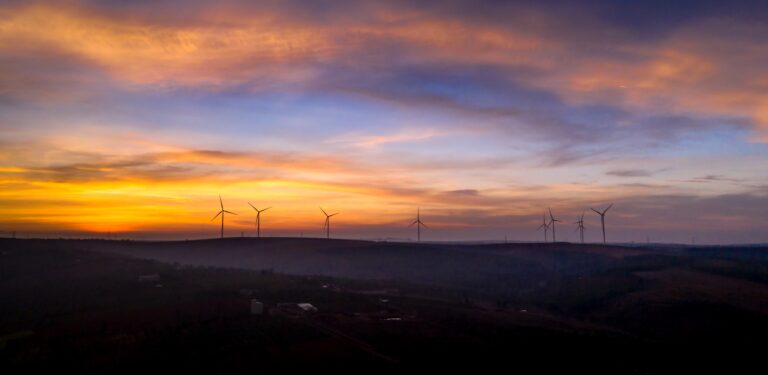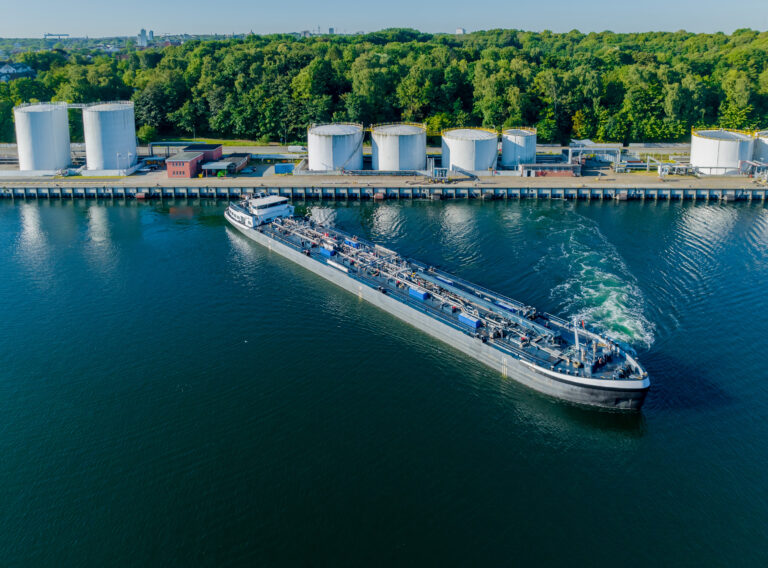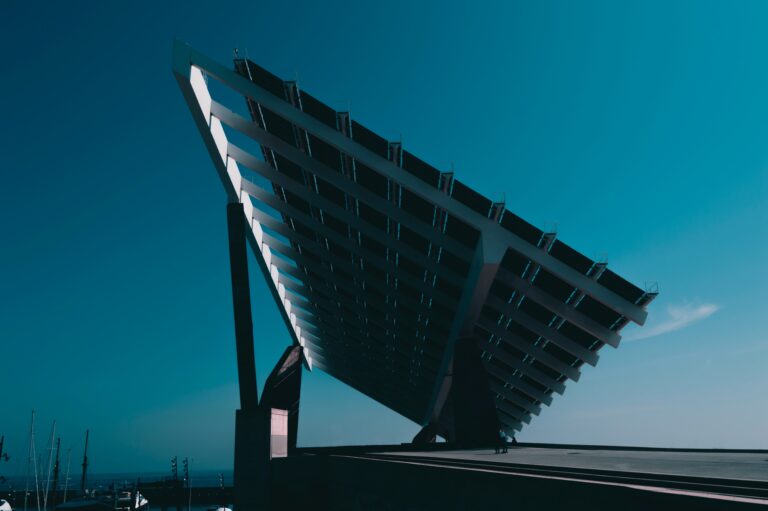

The eM-Numancia project aims to produce up to 50,000 tons per year of e-methanol in the heart of Spain, in the town of Garray, within the business park dedicated to green industries, the “Parque Empresarial del Medio Ambiente” (PEMA).
Produced from green hydrogen and biogenic CO2, e-methanol is considered one of the key vectors of the energy transition. It provides the maritime transport sector with a sustainable fuel, compatible with existing infrastructure, while supporting the green transition of the European chemical industry.

Low-carbon molecule production projects have mainly emerged in Northern Europe, with the aime of leveraging hydroelectric, geothermal, and wind resources. However, richly endowed with renewable resources, the Iberian Peninsula is set to become another major European energy hub.
As the simplest alcohol, methanol is a leading industrial commodity with a global annual production exceeding 100 million tons. It plays a key role in the manufaturing of everyday products, such as cosmetics and biodiesel. E-methanol is now establishing itself as a sustainable and long-term alternative solution for decarbonizing the chemical sector and relocating its production.
Specifically, e-methanol is produced from hydrogen and CO2. Hydrogen is obtained through the electrolysis of water, a process that uses an electric current to separate hydrogen from oxygen. CO2 is captured from industrial processses, where it is purified of impurities. These two molecules are then combined through a synthesis process to produce e-methanol. The synthesis is followed by distillation, similar to that used in perfumery, to remove water. The purified e-methanol is then stored in liquid form in tanks, much like the petroleum or ethanol used in vehicle fuels.

Methanol is also emerging as a promising sustainable alternative fuel for maritime transport, particularly for container ships, ferries, bulk carriers, and cruise ships.
The maritime sector is committed to reducing its carbon footprint, in line with European (FuelEU Maritime) and international regulations (International Maritime Organization).
Beyond reducing greenhouse gas emissions, methanol significantly lowers atmospheric pollutants such as sulfur dioxide. Being biodegradable in water, it also minimizes risks to biodiversity in the event of spills or accidents.

In line with its European ambitions, reflected in its investments in Portugal and Sweden, and drawing on the experience of its leaders in renewable development, Elyse Energy has designed its growth from the outset around two main pillars: France and its nuclear power plant, and its renewable counterpart, the Iberian Peninsula.
A local team was established in Madrid and later in Lisbon to develop e-molecule production projects, including eM-Numancia, which involves the production of green hydrogen through the electrolysis of water using renewable electricity, CO2 capture, and the synthesis and distillation of methanol.
The e-methanol produced at eM-Numancia will be classified as a renewable fuel of non-biological origin (RFNBO) according to the European Commission’s nomenclature.
